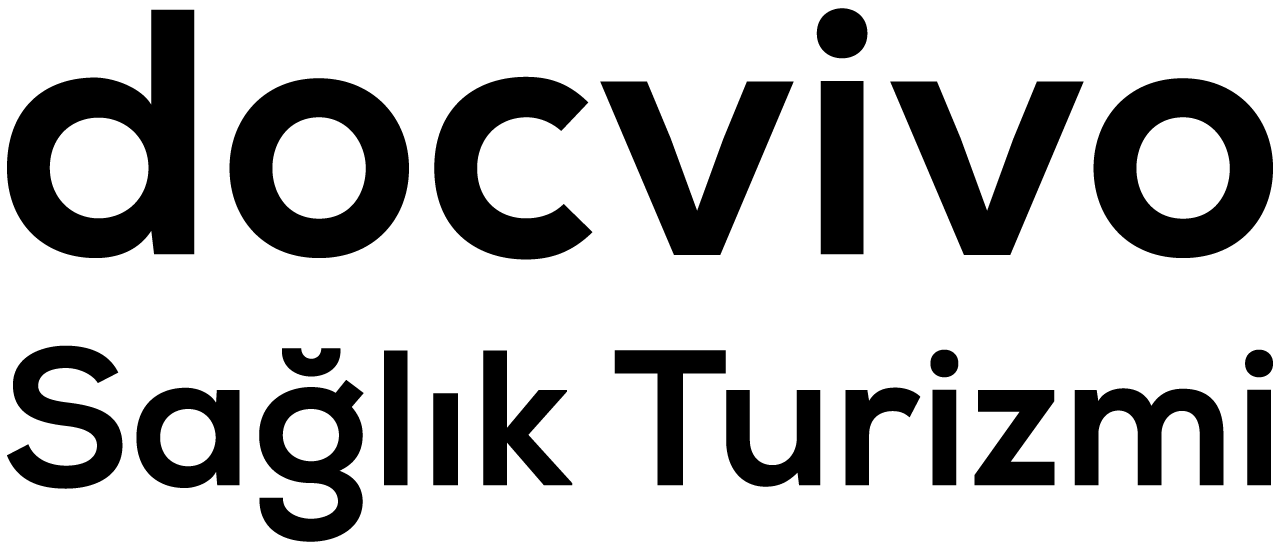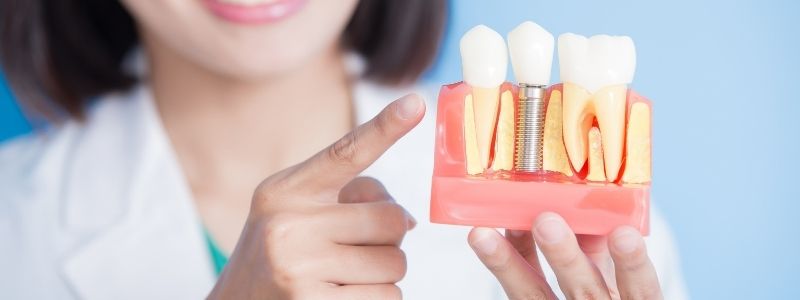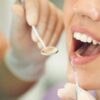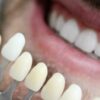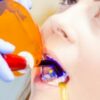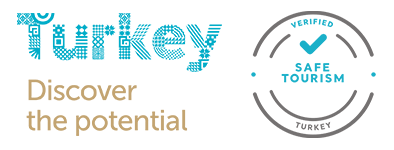Surgery to implant a tooth requires making minor incisions in the gums and bones to insert a titanium rod into the surgical incision. Because this procedure produces mouth ulcers, it is important to avoid eating certain foods after surgery to ensure proper treatment. While it may seem frustrating to avoid your favorite foods, keep in mind that this is only temporary and will improve your comfort and the way the injection can cure. The first 10-14 days after your procedure is the most important when it comes to recovery. You should avoid any foods that may delay treatment. These include:
Apples. Potatoes or chips. The crispy bread is like French bread. Shell taco is hard. Carrots (unless fried in small pieces). Ice machine. Steaks or other types of meat need to be eaten.
The implant is a very important treatment where you get your new teeth. Once done, you can eat anything. But for the first few days, to be a good patient, you should follow the instructions given by your doctor, unless he is wasting all his efforts. You should also have a menu guide for this period. After surgery on the affected area, gently rinse your mouth with a solution of warm salt water (1/2 teaspoon salt in four ounces of boiling water), dissolve in four ounces. Morning, after each meal and before bedtime), at least five to six times a day for two weeks. Regular tooth decay may also occur, but it does not disrupt the site of surgery. With the exception of implant sites, you can brush your entire teeth on the day of surgery. With a soft brush, you can start brushing, injecting cones or bone grafts after four weeks, and gently cleaning the incision.
Avoid these foods after dental implant treatment
Once you have surgery, you should completely avoid solid and solid foods. It is recommended to eat foods such as pudding, ice cream, soft soup, and yogurt so as not to put too much force or pressure on the wound site. These soft foods will no longer stick to the wound like other foods. It is important to follow a liquid diet only for the first two days after surgery.
After the first two days are over, you can switch to a low-fat meal like mashed potatoes, eggs, pancakes and pasta. You should continue to eat semi-liquid food for about five days after the application procedure. After a week, you can resume your diet and eating, because the area will recover well enough to eat.
However, at least one week after the procedure, you should avoid these foods for two weeks:
- Popcorn
- Chips
- Nuts types
- crackers
- Sticky foods (caramel, chewing gum, chewing gum)
- Seeds (poppy, chia)
After surgery, you will be given detailed treatment instructions that will explain what you can and cannot do while the area is being treated. You should avoid smoking, spreading water, and drinking juices from herbs as this can lead to conditions known as dry spots, which prevent the wound from accumulating blood and healing. If you want to return to the office after the procedure, it is important to schedule your entire dental appointment to make sure the area is well healed and the implant is starting to be implanted. You can think of care after surgery as insurance for your new implant. Having a proper application and a complete treatment gives you a beautiful perfect smile that you can proudly display.
How long after dental implants can I eat normally?
Too cold or too hot food and drinks should not be consumed after the implant. Nutrients and fluids should not be consumed for at least 2 hours after the implant. Solid foods should be avoided for the first 24 hours. Soft foods can be consumed, but hot foods should be avoided. In the first three months of dental implant healing, you should follow a soft food diet. However, it is important that you eat the appropriate foods and follow our recommendations at every stage of your recovery process. If your dental implant was done correctly, you can start to eat normally in a short time. In a few months, you can eat normally. But if there are problems with the implant treatment and it has been unsuccessful, this period can be much longer. The nutrition program that the dentist offers you and the list of things you need to pay attention to is very important in this process.
References:
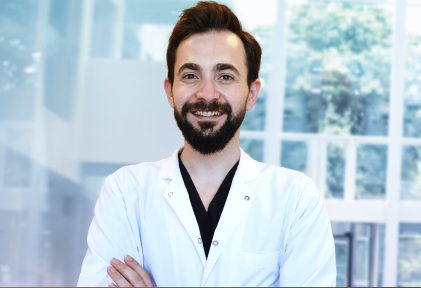

Dentist Yasin Yılmaz was born in 1994 in Kayseri. In 2017, he graduated from Hacettepe University Faculty of Dentistry with a successful degree. In 2017, he began working as a dentist and medical director at a private clinic. In September 2018, he joined Ersoy Hospital Dental Department team where he still works
